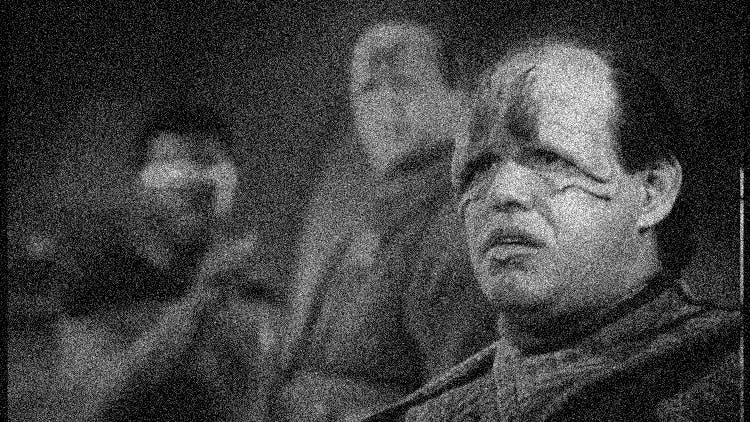On Jacoby's Falling Rate of Intelligence
The theory of the falling rate of intelligence is not obscured by the falling rate of intelligence but is rather its product.
The idea of a “falling rate of intelligence” hits the mark in a number of ways. It is an expression of the Frankfurt School’s attempt to delimit the characteristics of a new type of human being, one damaged by the structures of late capitalist society. It correctly embeds their theory of subjectivity in a Marxist framework, offering up their work as out…




